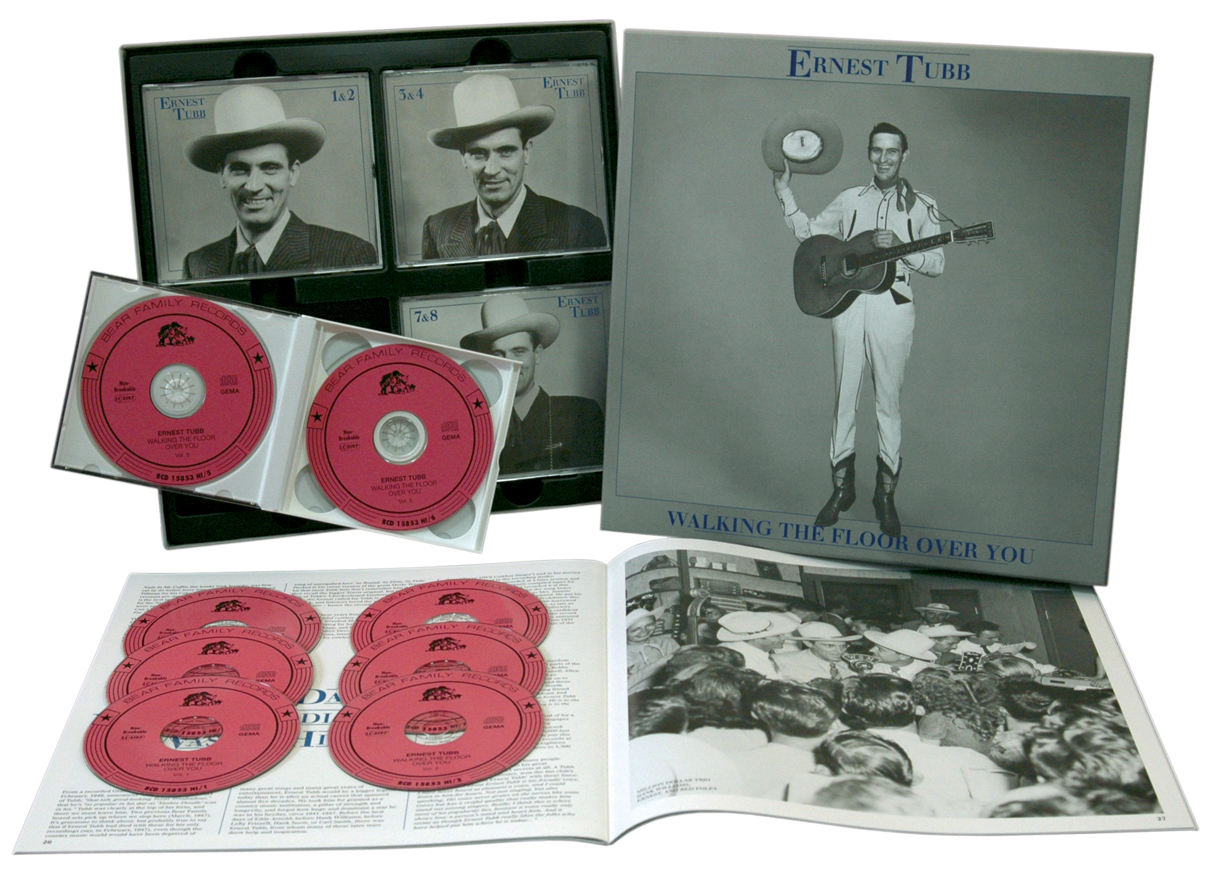Various Thanks A Lot Texas Troubadour - A Tribute To Ernest Tubb (CD)

inkl. MwSt. / zzgl. Versandkosten - Abhängig vom Lieferland kann die MwSt. an der Kasse variieren.
Sofort versandfertig, Lieferzeit** 1-3 Werktage
- Artikel-Nr.: CDHOTR7331
- Gewicht in Kg.: 0.11

Sofort versandfertig, Lieferzeit** 1-3 Werktage

nur noch 1 verfügbar
Sofort versandfertig, Lieferzeit** 1-3 Werktage

Sofort versandfertig, Lieferzeit** 1-3 Werktage

Sofort versandfertig, Lieferzeit** 1-3 Werktage

Sofort versandfertig, Lieferzeit** 1-3 Werktage




























